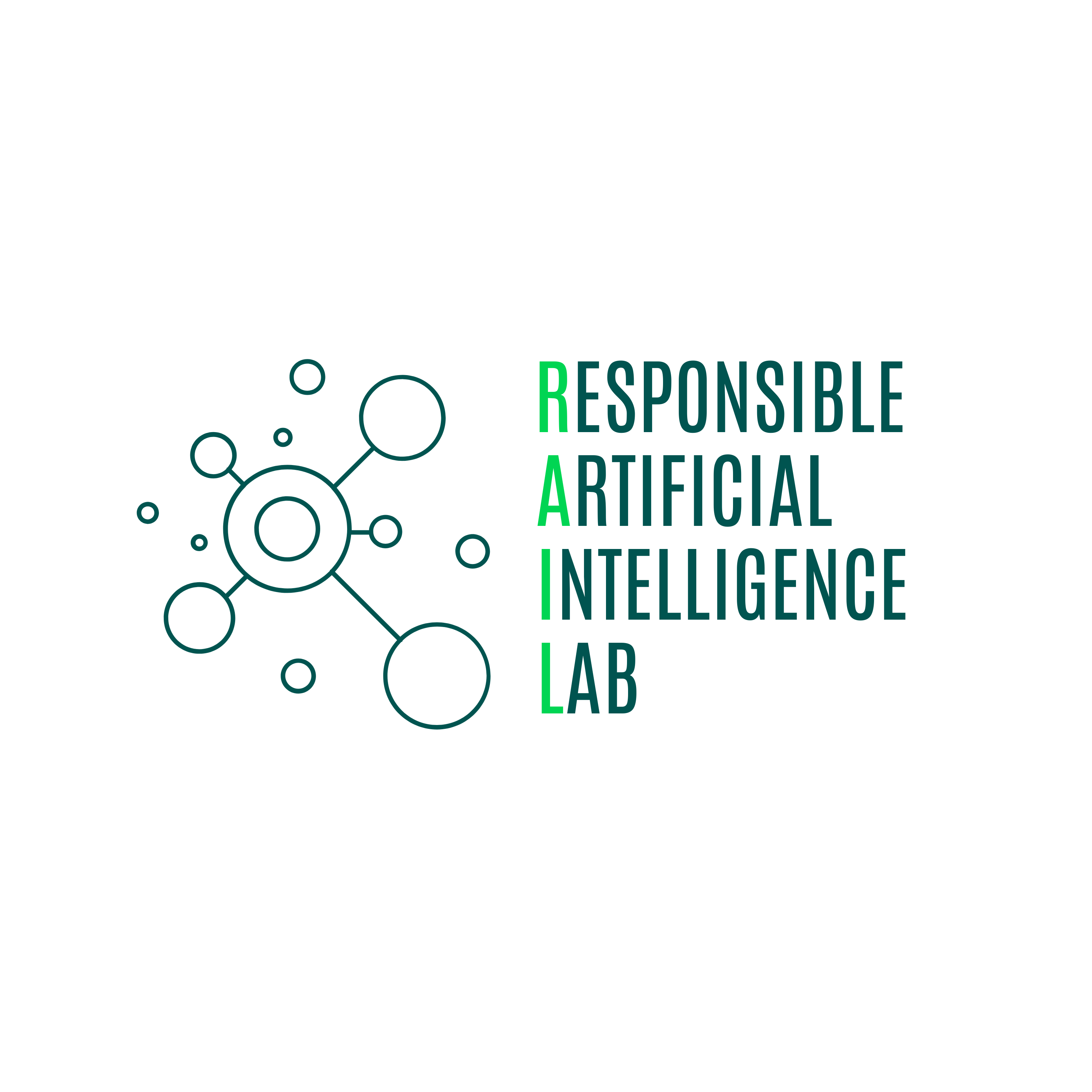Our Focus as a Theme
Know about our impact project
Advances in AI for healthcare will shift the balance of power from providers to patients. However, there is the need to understand how this power will be distributed to women and girls in particular. Activities of this theme will focus on How we can make low-cost AI powered digital healthcare technologies accessible so that the vulnerable women and girls in the community that cannot have access to these expensive tools can take advantage of them. The recent boom in machine learning has also led to a great many researchers and engineers, in both academia and industry, creating machine learning systems that are impressive but not well understood. Of particular importance to medical applications is the study of uncertainties and errors in these systems. As the barrier to entry into machine learning activities is continually lowered by accessible toolkits such as TensorFlow, and the level of programming skills across Africa and indeed the rest of the world increases, one key research question is how do we ensure machine learning is used responsibly in medical applications? This is a question that has a strong technical dimension, but also requires ethical and regulatory oversight.
This theme will also focus on COVID and Future Epidemic and Pandemic Studies. The COVID-19 pandemic has highlighted the need for timely, reliable data, especially data disaggregated by gender and by degrees of vulnerabilities. Gender remains a key determinant in global health but when it comes to public health emergencies, in most cases, there is a complete gender blindness . A United Nations (UN) Women’s analysis concludes that only a handful of governments currently report sex-disaggregated data during the COVID-19 pandemic . Furthermore, artificial intelligence (AI) infrastructure is needed to complement current epidemiological models in early predictions/prognoses of infection trends and spread for quick response and management of a prolonged or re-emergence of COVID-19.
The lab’s activities will primarily focus on: Forecasting transmissions and reducing spread through policy and public health interventions; and Strengthening data systems and information-sharing about COVID-19 with a cross-cutting thematic area of mobilizing AI and data science to understand and support gender-inclusive COVID-19 action.
The lab in collaboration with KCCR and Biomedical Engineering Department will focus on developing AI tools to enhance the capacity of institutions and policymakers in Ghana to make data-driven decisions and policy in responding to COVID-19 and future epidemics, pandemics or other disasters. The activities in the lab will also focus on developing a research programme to collect data on vaccine response alongside vaccination programmes which is currently on-going in the sub-region. Through well-defined research activities and analysis of data in the lab, we can gain enough information to really begin to answer questions like; (1) how long will the immunity last, and (2) How does immunity look like? (3) How does immunity differ for various genders? (4) What are the Gender-specific risk factors? (5) What is the gender, age and disability specific side effects of vaccinations and therapeutics? and (6) What is the gender-specific socio-economic burden of public safety measures? This will especially benefit vulnerable communities and contribute to sustainable economic and social development of the sub-region.


Follow us
Our PARTNERS
We are proudly supported by the following agencies




